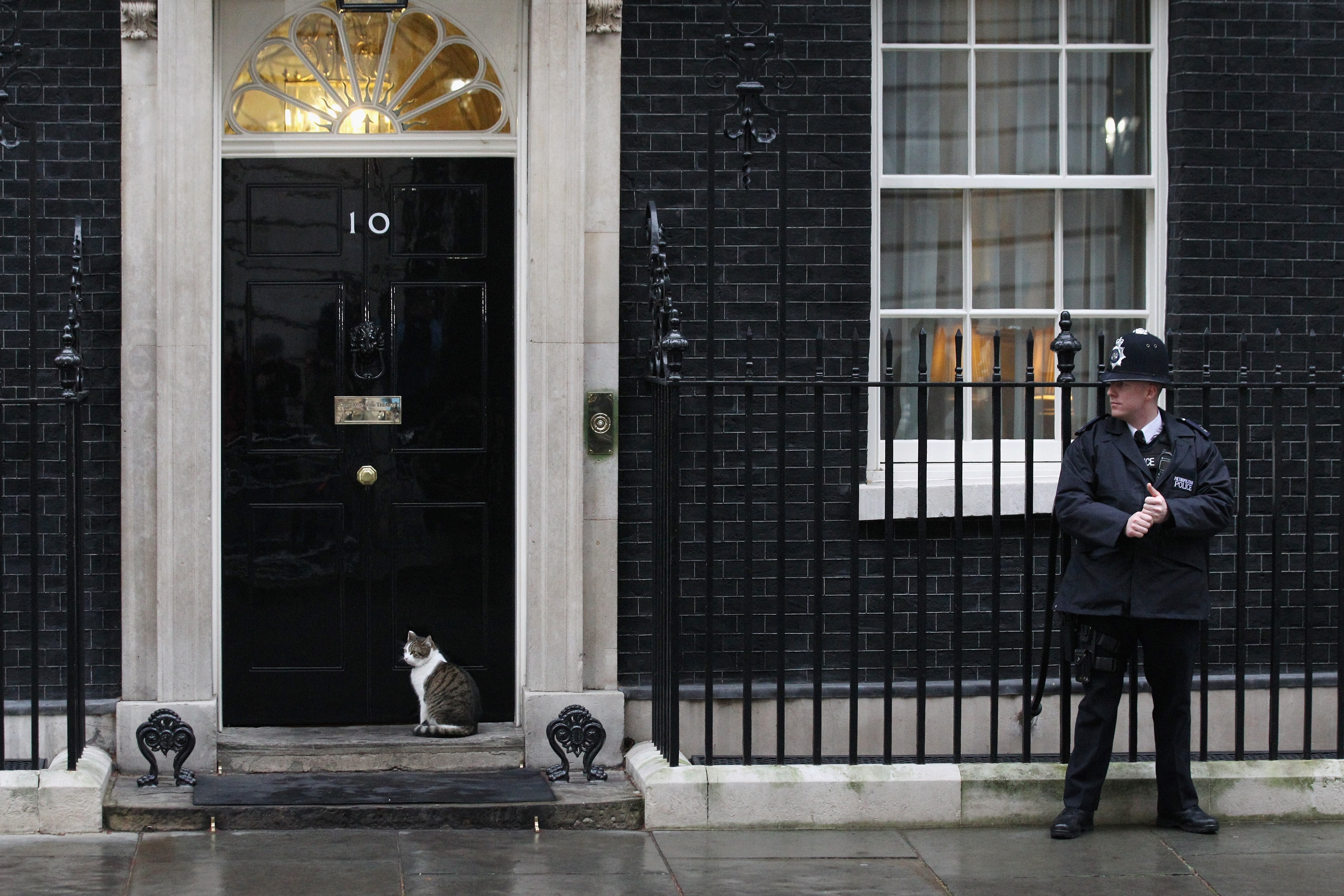A battle lost is worse than a battle won and there are fewer Pyrrhic victories in politics than you think. One of the staples of pre-election punditry, however, is that someone will always pipe up with the suggestion This is a Good Election to Lose. It is almost always bunk. Not least because, with the notable exception of the Liberal Democrats, major political parties are in the business of acquiring, then exercising, power. Shorn of that they lose their point.
So there’s that. Nevertheless if you suspect there might be a but lurking a couple of lines in the future your premonition would, in this instance, be correct.
But this might actually be a rare exception to the general rule. This could be an election it really is better to lose than to win. Whichever party forms or leads the next government is likely to be severely discredited by the end of their time in office. There will be a reckoning and it will be a bloody business.
There is no money. And there will be very little money even if the economy grows at a decent clip.
If you begin from a presumption that both parties would actually quite like to lose the election then British politics begins to make some kind of sense. If you take the traditional view that they’d like to win the election then nothing makes any kind of sense at all.
A Labour party determined to win would not have chosen to be led by Ed Miliband. A Labour party truly enthused by the prospect of returning to power would not have kept Ed as leader long past the point at which it became clear he’s a gawd-help-us, what-were-we-thinking, sad-sack, head-in-hands, fingernails-on-a-blackboard atrocity never happier than when accosting innocent strangers, most of whom claim to be called “Gareth”.
But what about the Tories? Victory next year, as Nick Cohen recently observed, will come at a terrible price for the Conservative and Unionist party. In the first place it will be cruel to David Cameron. A quick kill in May will be kinder than the prolonged torture that will follow so-called victory. He will be broken on a european wheel and, worse, his torturers will be his erstwhile colleagues and followers. Half the party wants his european policy (to grant it a dignity it scarcely merits) to fail. They will not, cannot, be placated. They will ruin Cameron and cheer when his head is put on a pike. In those circumstances the Prime Minister could be forgiven for asking what’s the point of winning? Better, as I say, to be murdered by the electorate than by his colleagues.
Granted, Occam’s Razor suggests we should usually ascribe political folly to stupidity rather than malice and the idea that there might be a subconscious urge to actually lose the election is one that, understandably, seems far-fetched. Nevertheless, how else do you explain a Tory party that, while reminding the whole country that there is no money and we are all in it together, still manages to cut income tax rates for millionaires?
Nor was this a one-off. “People like us” pay inheritance tax don’t they? Accordingly, it follows that inheritance tax is one of the most important issues in British politics. Something must be done! By jove, why don’t we offer another gift to the already fortunate? Why could anyone possibly object to that?
It is true, of course, that all Tory hopes are pinned on the electorate deciding that Prime Minister Miliband is a provocation up with which they shall not put. But the positive case for another Tory government is, by their own lights, desperately thin. Alan Johnson may have declined to ride to Labour’s (putative) rescue but his criticisms of the government’s record in today’s Guardian are wincingly to the point. If Cameron and Osborne are judged by their own yardsticks for success – on, say, the deficit and on immigration – even a kind examiner would be hard-pressed to give them a passing grade.
That the electorate might not have welcomed further austerity or that their immigration pledges were always ludicrous is not really the point. This is what they said they would do and they have not done it.
In those circumstances you can forgive the electorate their sour temper. Why should they be in chipper form? A dalliance with minor parties – themselves supplanting the Lib Dems’ traditional role – might be thought unfortunate, it cannot be considered discreditable.
After all, when both main parties seem hellbent on boasting about their leprosy you can hardly blame voters for reckoning a plague on both their houses.
And yet someone, poor sod, has to win this election. In these topsy-turvy times the old concept of buyers’ remorse risks being replaced by a sellers’ sadness. Victory, however that’s even defined these days, will come at a heavy price not least since there’s precious little evidence either party is ready for, or deserving, another spell in government.
If either were serious about winning they would not be acting as they are. Which leaves us with the apparently-barmy thought that, secretly, neither really want to win or, to the extent they do, it is less on account of anything they might do in power but rather, and simply, to deprive the other mob of the trappings of office. The political zero sum game has rarely been as plain as this, nor as grubby and even squalid. Winter is here, right enough.








Comments